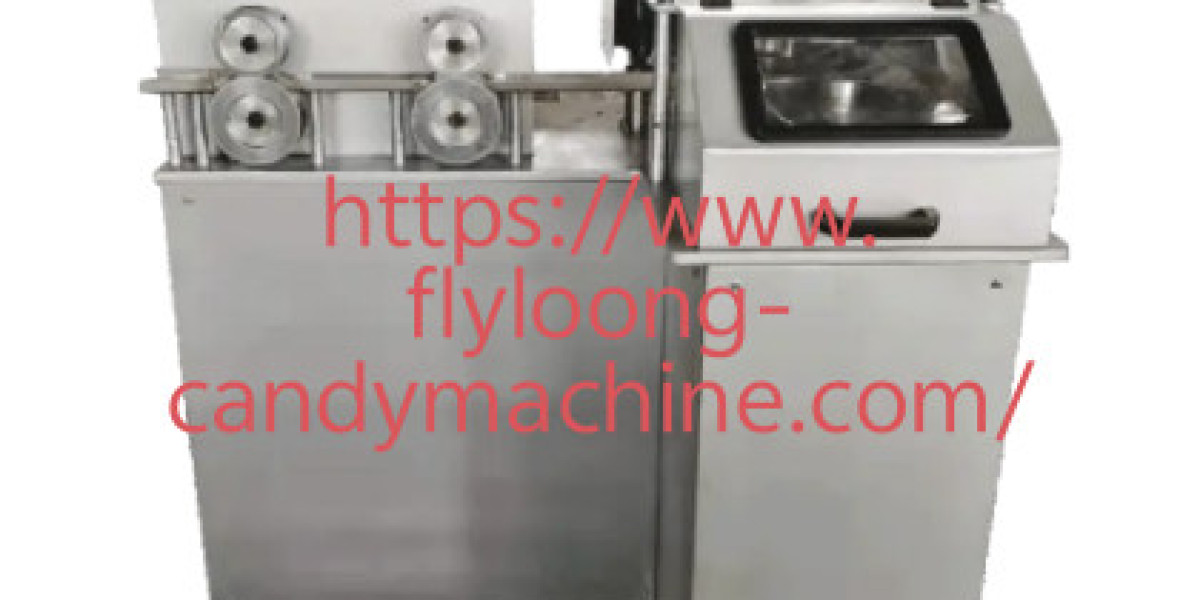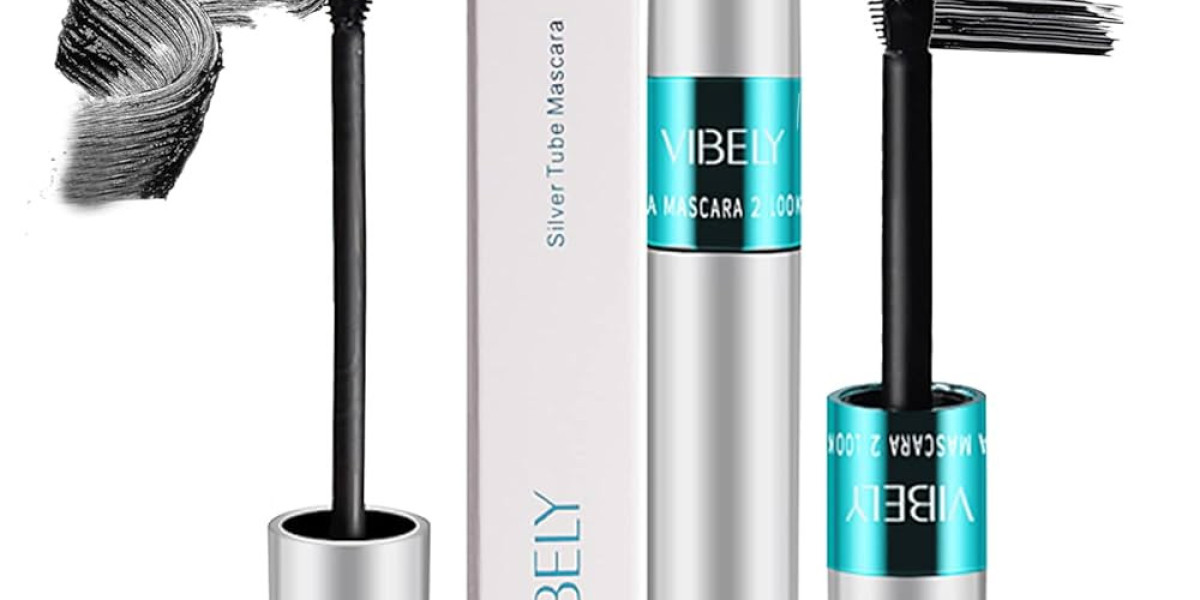In the evolving candy industry, brands seeking identity and efficiency are increasingly turning to custom flat lollipop production to meet consumer expectations for novelty, branding, and consistency.
Unlike conventional mass-market sweets, custom flat lollipops offer manufacturers the ability to tailor every detail—from shape and color to flavor and wrapping style. This customization not only attracts specific target markets, such as children, themed events, or corporate gifts, but also elevates brand visibility in crowded retail environments. As more candy producers shift toward personalization, demand for precision machinery capable of meeting these detailed specifications continues to grow.
One key factor in producing consistent, high-quality flat lollipops lies in the accuracy of molding systems. Advanced forming machines utilize stainless steel molds with uniform cavities, ensuring that each piece maintains the exact weight, thickness, and aesthetic appeal. Some setups even allow the molds to be switched quickly, giving manufacturers the flexibility to run multiple product variations on a single line.
Temperature control also plays a pivotal role in the success of the candy-making process. Overheating or undercooking the sugar base can result in brittle, discolored, or sticky lollipops—issues that undermine product quality. Modern systems solve this problem by integrating precise digital controls that manage cooking temperatures, cooling rates, and timing with minimal operator input.
Efficiency doesn't stop at the production stage. Packaging machines designed specifically for flat lollipops can drastically reduce manual labor and product contamination. Twist wrapping machines, for instance, automatically align the lollipops, cut film precisely, and seal each candy hygienically. This step is essential not only for protecting the candy but also for creating an attractive, professional final product that’s ready for shelves or export.
Moreover, hygienic design standards are now a top priority in confectionery machinery. Food-grade components, open-access architecture for cleaning, and reduced dead zones where residue can collect all help meet both international safety requirements and customer trust. Manufacturers are opting for machines that not only perform well but are also easy to maintain and clean between production cycles.
In summary, investing in specialized equipment for custom lollipop production empowers businesses to respond quickly to market trends, diversify their product offerings, and streamline operations without compromising on creativity or hygiene. With increasing competition in the candy sector, the ability to offer unique, high-quality lollipops in an efficient and scalable way can set one brand apart from the rest.
For more information on specialized packaging and forming solutions, please visit: www.flyloong-candymachine.com








